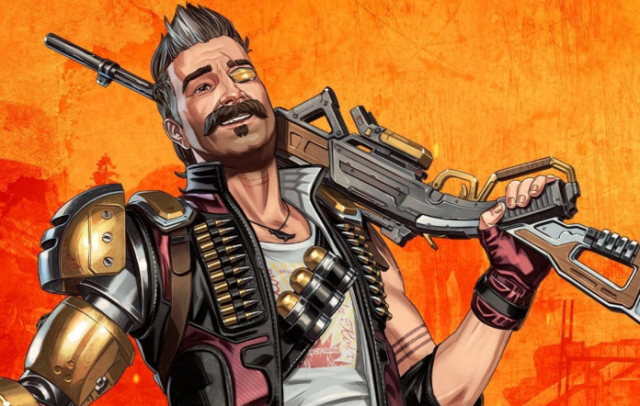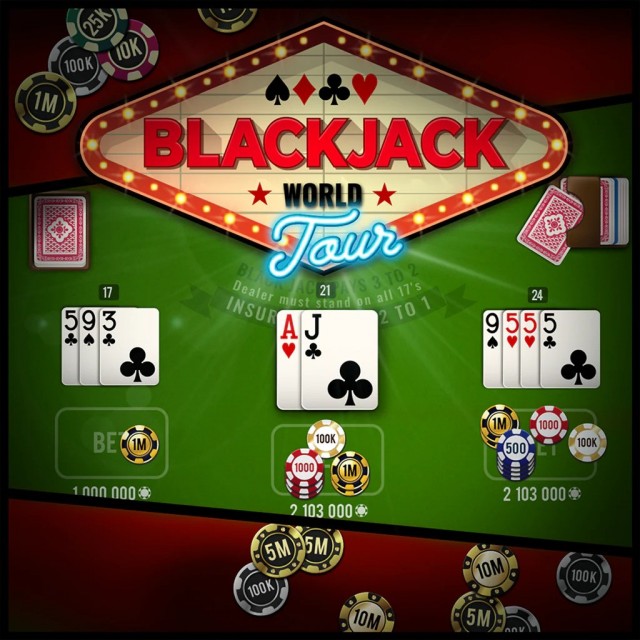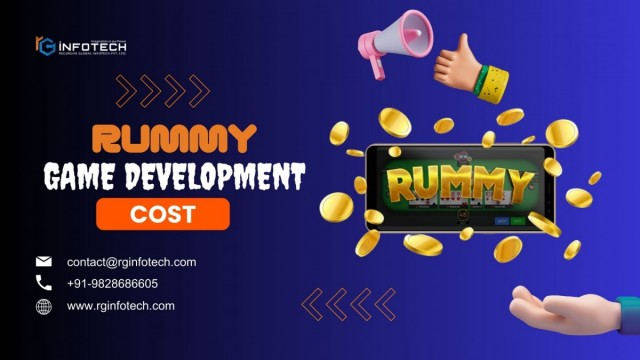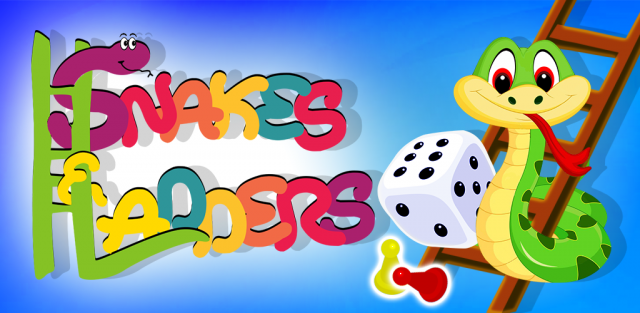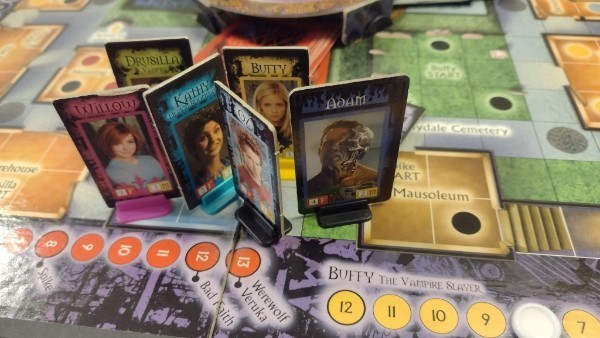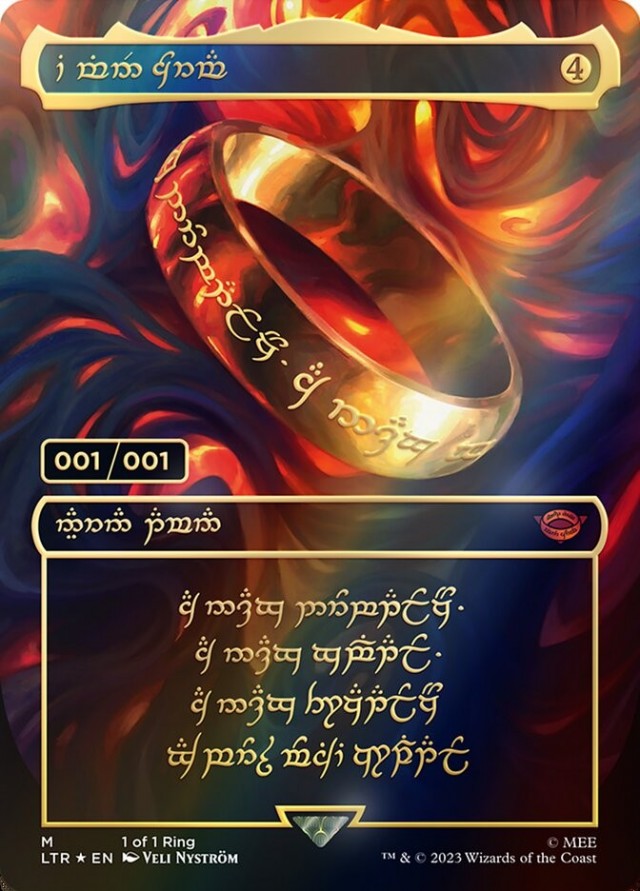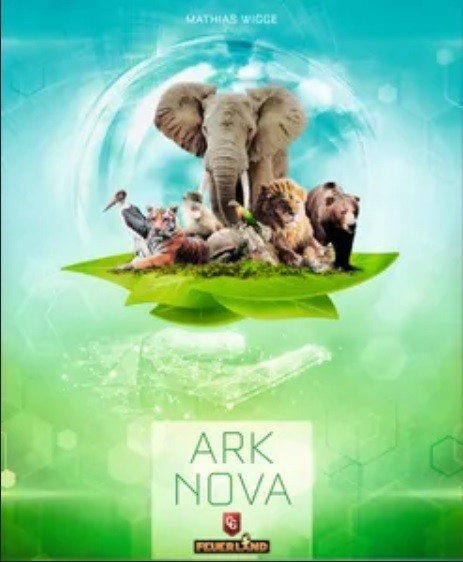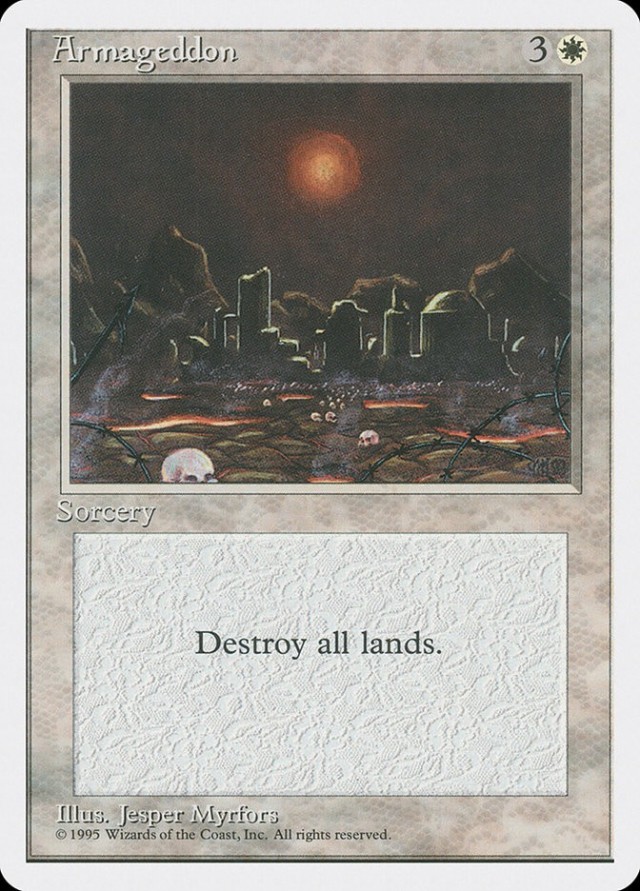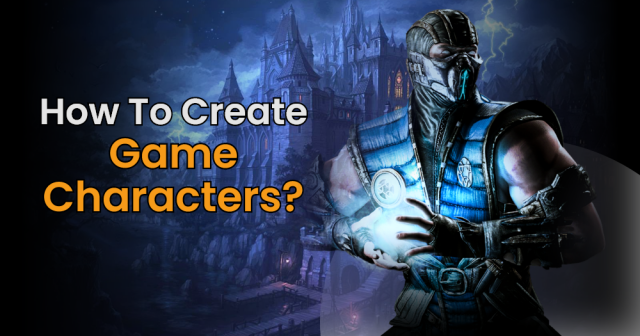
Imagine a city. Not just any kind of city. No.
This is Rain City, a brooding metropolitan futuristic world of neon and shattered dreams.
Inside things are slowly awakening: Crime bosses moving around the streets, Assassins hunt after your people, and terrorist bombings are on the verge of blowing up those precious districts you had power over. As an Agent it is your job to do the dirty work for the "Agency", an unofficial government-run corporation that tries to control the crime rate, no longer covered by the regular police forces. But...there might be a traitor amongst your fellow agents. An Android who plans to strike at the right time to start a revolt in an attempt to destroy the memory banks spread across the city, vital for Android production. That Android might be you.
Ok, that's the teaser for Rogue Agent, my own personal attempt to have a go at Cyberpunk in boardgame form. Actually, let's start from the beginning.
As a kind of design-therapy in between heavier projects I started working on this little idea about an icon-driven dice manipulation mechanic.
I liked what Roll through the Ages did with the idea of resource gathering, but for me the overall game fell flat because of its abstraction and I was beginning to toy with ideas to design a more varied system with more thematic backbone.
Another idea I had was to create a game with a "living" city. Not the static cities usually portrayed in boardgames. This should be a dynamic setting, with npc's moving around, controlled by the game system and a range of challenging events appearing.
A bristling world of thematic detail. Somehow both ideas merged into Rain city, the seed to what slowly would develop into Rogue Agent.
The first big step for the design was connecting the mechanic, consisting of 3 different types of die and proving quite addictive in practice, to the locations of the city. The basic idea is that each location has a unique dice code: a specific set of die attached to it that makes thematic sense. For example, a player can perform an "Investigate" action at Cheng's Garage that allows him to roll a number of green die. These contain amongst other icons a set of resources/options allowing you to fuel your vehicle and upgrade it to a more powerful version, including bullet protection and faster performance.
Each player has a small player board that allows you to track all the upgrades and resources you gathered. This has an almost rpg-feel were you can see how your Agent develops into a more powerful version. As a standard an Agent has the option to reroll his investigate rolls once. But as the game progresses and Agents get upgraded they are able to manipulate rolls more and hunt after specific resources with more efficiency.
This core mechanic however needed something to counter it. While the dice manipulation mechanics worked well in practice and allowed some control over rolls, I decided to offer players a constant presentalternative route to gain stuff: each location also offers the players a chance to buy resources in return for credits. This creates an interesting myriad of possibilities. A player might not roll the specific elements he had in mind at the start of the turn, by moving to the right location he might still have a chance to get hold of his desires.
But this is a game called Rogue Agent, not Agricolala. So there had to be challenges for the Agents to overcome that would exceed resource optimization. These come in the form of events that enter play at the start of each turn. Basically some of these are static and attached to a specific location, but many are dynamic and will move to a new location at the start of each new turn.
Crime bosses are part of these and have an element of risk-management attached to them.
When a Boss enters Rain city he will appear at one of the 6 precincts part of the board.
This boss is represented by two elements: A card that is played face down with all his info and a wooden disc that is placed on the location tile (the board is modular to ensure a unique city with each play). As players confront the boss they must decide if they will face him with their standard attack of 3 attack die or spend precious bullets to add extra die to the roll.
Only when a player decides on the power of his attack against the Boss the identity of this villain is revealed: info about his power (how many hits it takes to take him down) and his counter-attack (what he will do if the attack against him fails).
As turns advance, the Bounty on the bosses will raise. Each Action phase the crime boss card will move one slot further on the Suspect row: this modifies the number of credits the Agent will strike when he delivers the Boss to Headquarters. This makes for a tension-filled decision parameter were players need to decide if they will wait another action phase to turn in the boss, hoping to get a higher bounty. But other agents might "intercept" your cargo and run away with your credits.
Agents have options to slowly build a network of information and power in the city.
This is the worker placement/area control part of the game in which players place "helpers" on specific locations. These not only protect you (partly) from attacks but offer you information: when a Crime boss moves into a location with one of your helpers present the player may peek at his identity (card).
Other events include Assassins who will eliminate helpers when they move about the city, thus forcing you to deal with them fast before they strike. Another time-pressure element appear as bombings: high tech bombs placed in a location that could go off at the start of each turn, creating a sense of uncertainty. Players need to enter the location and perform a risky "diffuse" action to stop the bomb from exploding and forming a destructive explosion area on the board.
And if that wasn't enough, a Police Squad is patrolling the city, watching every step you make. This element is represented by a Target disc that is placed on a location each time an interaction with an event takes place and this draws the Police Squad token towards this location at a speed determined by the urgency of the situation (number of events present). When it should reach the premise the Squad will interact with the elements in a specific way.
Basically this Squad forms a constant threat, forcing you to act fast before they catch up on you. Each time the Squad succeeds in his task to stop your darker deeds they will move on the Victory point tracker, forming a ticking clock that puts extra pressure on the game.
Before you think this game is all doom and gloom: there is help.
This comes in the form of the Agency Air support, a helicopter that is hovering above the city. At specific locations players can make radio contact and call for its help. The heli covers Agents during important confrontations and betters their chances for a successful attack.
What about the Android part I hear you say?
Yes, I have not forgotten about that one. This is were the paranoia kicks in. Each time you are arrested by the Police Squad or confront an Android Boss you must draw an Identity card, representing the internal doubt you develop about your identity. These cards come in three types: a "Human" version that is neutral and 2 types of "Android" cards. As the game progresses, chances are a row of the cards is formed in front of you, presenting the doubt that is growing amongst Agents you might be the traitor amongst the pack.
By spending Investigation points at the Clockwork Inc. location, the creepy Android factory location, players can either reveal an Identity card of another player or peak at 2 of their own Identity cards, thus slowly revealing information about your own identity or that of another Agent in play. When 2 different Android cards are open on the table a player is revealed as a traitor.
When the endgame is triggered, depending on the number of players up to 2 traitors can become active. They will have a unique optional victory condition: attempt to destroy 3 locations in the city holding memory banks attached to Android production. This is a risky affair since it could cost energy and must be carefully weighted by android players, since some locations will be harder to destroy than others.
And yes, at this point the hunt is on, and both Human Agents and Android Agents may hunt after each other in a race against time, forming the final turns of the game.
Well, that is Rogue Agent in a nutshell. Of course I left out some elements in order to not bore you to death, but this is the gist of it. So how does it play? Well, fast. Player turns move swiftly, since each player performs one action and play moves to the next in line with no significant downtime to speak of. Roughly the game clocks at 90 minutes. But it often feels like 50. And best of all: it all fits in a small box. A complete detailed gameworld packed in a container the size of the Forbidden Island tin.
So far playtests have been great experiences, encouraging me to perfect the game further. I playested with some RPG-fans and it was great to see how they almost played the game like an experience. The ambiance at the table was thick with thematic storytelling.This gave me the idea to develop an optional module for the game that will give each player a unique Agent card that holds a short tormented bio, a thematically attached personal ability and a mission connected to how background that can potentially earn the player extra VP's.
So This is what happened to that small little game idea that was going to be a light quick filler. It turned into this bulky middleweight that bursts with thematic flavor and bullets.
Guess I'm not good at keeping things small.
Rest assure, this will be continued...
 Games
Games How to resolve AdBlock issue?
How to resolve AdBlock issue? 